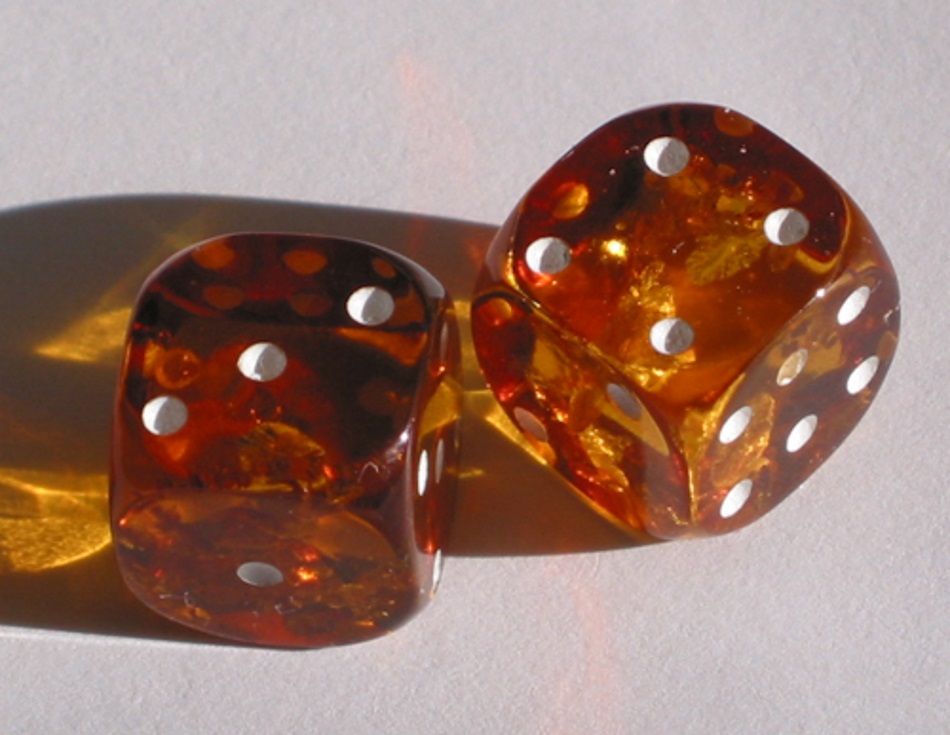Links to external sources may no longer work as intended. The content may not represent the latest thinking in this area or the Society’s current position on the topic.
When to trust a self-driving car...

2018 Milner Award Lecture given by Professor Marta Kwiatkowska.
How can we ensure system correctness in the presence of uncertainty?
Computing devices support us in almost all everyday tasks, from mobile phones and online banking to wearable and implantable medical devices. We are now experimenting with self–driving cars and robots.
Since embedded software at the heart of these devices must behave correctly in presence of uncertainty, probabilistic verification techniques have been developed to guarantee their safety, reliability and resource efficiency.
Using illustrative examples, this lecture gave an overview of the role that probabilistic modelling and verification can play in a variety of applications, including security, medical devices, self-driving cars and DNA computing. It also described recent developments towards model synthesis, which aims to build these systems so that they are correct by construction. Finally, it explored the problems of ensuring that systems that rely on learning will behave correctly, both in situations that they have seen in training, and in situations that they haven’t.
The prize lecture was webcast live and the video recording of the event will be available shortly after the event.
Attending this event
This event has taken place.
The Award
The Royal Society Milner Award, kindly supported by Microsoft Research, is given annually for outstanding achievement in computer science by a European researcher.
The award replaces the Royal Society and Académie des sciences Microsoft Award and is named in honour of Professor Robin Milner FRS (1934-2010), a pioneer in computer science.
Professor Marta Kwiatkowska was awarded the 2018 Milner Award in recognition of her contribution to the theoretical and practical development of stochastic and quantitative model checking.
For all enquiries, please contact the Scientific Programmes team.
